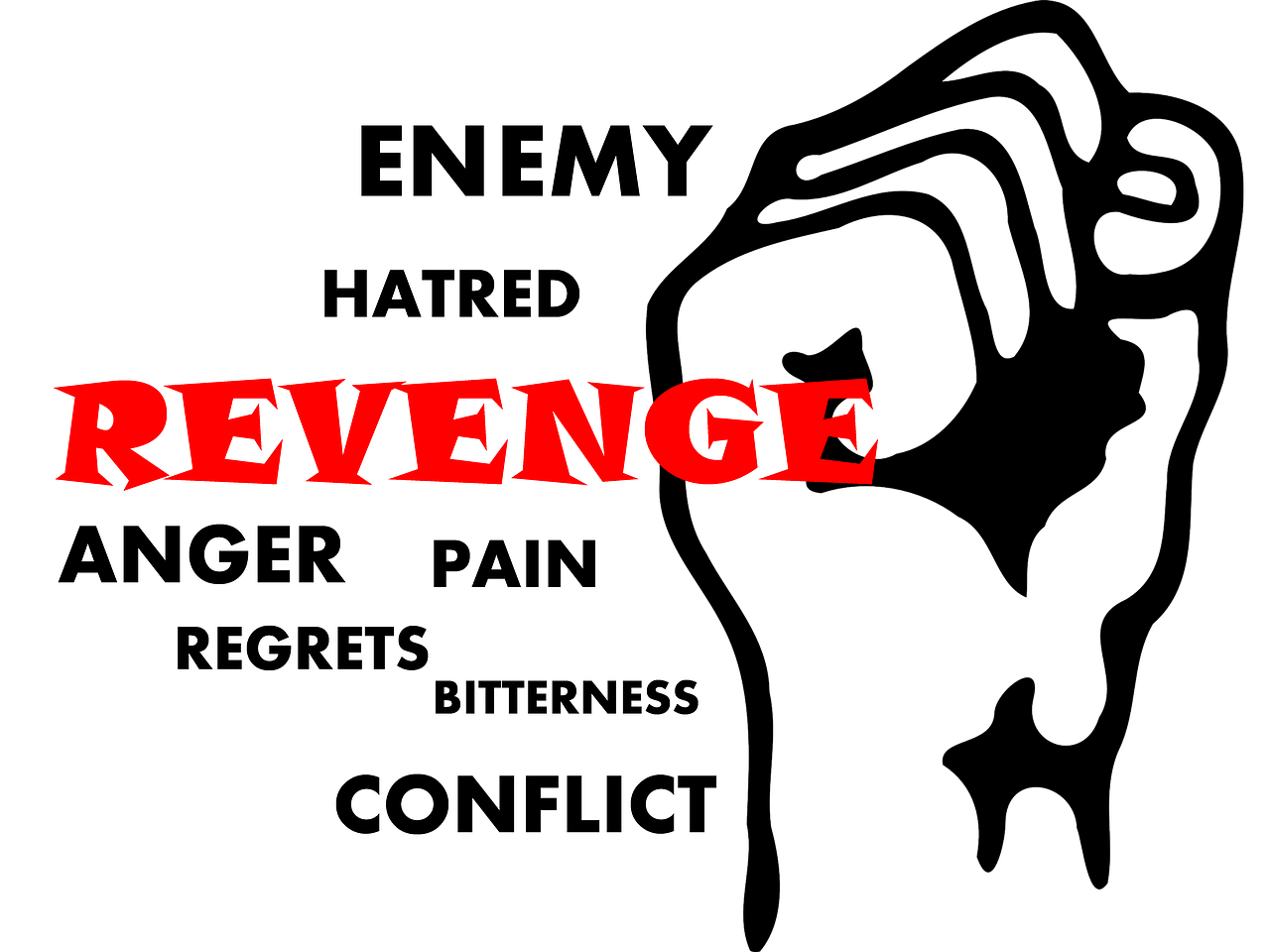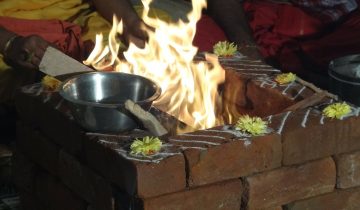Heaven on Hearth: Kashmir and Rest of India

Once out of school in India, it is strange how several beliefs are shattered as one grows up and knows more. For example, one learns that Jinnah’s 1946 Direct Action Day was a lot more brutal than what textbooks said, and that there was much more to the 1948 annexation of Hyderabad State than the one page dedicated in school books. Another moment of revelation for me as an Indian youth was seeing the beautiful (but sadly under-celebrated) film ‘Yahaan’ nine years ago. All of a sudden, several pre-conceptions about Kashmir, its people and its state of affairs were decimated in one clean stroke of courageous, honest cinema. Most importantly, I learnt then that for someone like me who has never faced even a fraction of what Kashmiris go through each and every day, it is not exactly sensible to have strong opinions on what they should do and what their future should be. I realized how the frequent ‘verdicts’ of so many of us on the Kashmir issue were as senseless as someone from Assam or Kashmir itself giving a verdict on, say, the Cauvery river water dispute. The film convinced me that when it comes to highly sensitive issues, we as citizens should tame extreme opinions, because there are always some important aspects which are often ignored.
One of the most amusing things about us is how proficient we are at stating and believing ‘opinions’ as facts. The Internet is replete with hundreds of webpages (both Indian and Pakistani) commenting on several facets of the subcontinent’s history in single-dimensional, biased ways. There is no dearth of websites and YouTube videos spawning out highly inflammatory and erratic discourses, zealously maintained by both Muslim and Hindu fundamentalists alike. Often the young Indian’s post-school (and these days even ‘during-school’) contact with history, especially India’s partition and post-independence events, happens via these incorrect, propagandist takes. To add ignorance to injury, hardly anyone of us ever reads history from multiple authentic sources. Unsurprisingly, a large majority of India’s young millions has scant knowledge about its recent past, although that doesn’t prevent them from being opinionated.
Konkan, on the western coast of Maharashtra, is one of the most beautiful places in India and the world (so was Kashmir, they say). Born and brought up in a town there, most of my childhood memories revolve around the natural beauty, the rain and the green. The fun at school, the peace, the nice people, and the brushes with innocent love. Now when I am mature enough, I realize how lucky I was to be born there. I try to imagine what a youth (from among those who are still alive) born in Kashmir around that time will recollect about his or her own childhood, and what come to my mind are human cruelty, the bloodshed and the red. The frequent curfews, the violence, the jingoistic people and the nascent beginnings of hate and revolt. How many of us from the rest of India have seen family members being killed before our eyes, or leaving home one fine day and never coming back? Yet we so quickly and thoughtlessly form opinions on these people who have been through some of the worst, most terrible situations that the current world has seen.
Kashmir is so complex an issue that there is no plain black and white there. It will be a high point of maturity for our nation when we finally accept and understand that. Besides, despite the fact that the Kashmir problem is predominantly of geographic and political origin, it has unsurprisingly turned (or was converted) into a Hindu-Muslim conflict. We must abstain from falling prey to this maleficent fallout of the crisis. The continuation of tensions has more to do with geopolitical vested interests of India, Pakistan and China than with anyone’s religious affiliations. There are in fact several anti-government movements in other states actually heralded by non-Muslims: the ULFA and Maoists, for example, have been no less barbaric than the militants in Kashmir.
History is the greatest guru of all. It is not just a chronicle of the past, but also a crucible of precious lessons. Still, hardly anyone of us attempts to understand our country’s history with an open, unbiased mind. We love waxing eloquent about events like the Partition and maligning the likes of Gandhi and Nehru, but much of it is done on the basis of half-baked, selective information collected from hate-filled websites or people. It is astonishing how even the most educated among us quickly turn irrational and narrow-minded when it comes to such a sensitive topic as Kashmir. As with every problem plaguing India, the Mahatma can be invoked here too. Be the change you wish to see in the world, he urged. If we wish to change the Kashmir situation, we first need to change ourselves as citizens of India (with the same positive change happening in Pakistan too).
We can commence by amending our ignorance (or perhaps by first accepting we are ignorant) about the Kashmir issue and about India in general. Both Hindus and Muslims need to get rid of the propagandist notions that we have been fed by our respective fun-folks (fundamentalists, that is) since decades. Expert historians like Ramachandra Guha (India After Gandhi) and Dominique Lapierre (Freedom At Midnight) can help us do that. Additionally, there are two recent books, one by a Kashmiri Hindu and other by a Kashmiri Muslim, giving us perspectives from the two main involved parties in the issue. (As you can see it’s four books already! But that still won’t suffice to profess complete knowledge of this intractable issue.) Then there are some excellent videos and movies on the subject, like this heart-wrenching documentary on India’s partition and this well-made program on Kashmir’s origins. Once we get more knowledgeable about our past and understand the complexity of historical events through such active efforts, we start turning into more responsible citizens.
But our responsibility doesn’t end there. Perhaps the most important reason why a peaceful political solution has never been reached is that the governments and leaders of India and Pakistan are scared of infuriating the general public in their respective countries. This, I believe, is the most farcical form of injustice that the Kashmiri people have had to go through. Their fate depends more on what a far-flung Maharashtrian or Keralite thinks rather than what they themselves think. It is terribly amusing that a nondescript Tamilian who may never have chastised his local corporator for dilapidated municipal hospitals will be more than willing to pelt stones and burn buses ‘for Kashmir’. We need to grow up and understand that there is a lot more at stake for the terrorized and alienated people of Kashmir (both Hindus and Muslims) than there is for us. This is not about corruption in government services or women’s safety that each Indian should scream and try to influence decisions and polarize the atmosphere.
Instead, we should show faith in the governments that we have chosen, in the talented bureaucrats who guide the government, and the expert historians who guide them both. Our paramount duty is to give them and the people of Kashmir a pressure-free environment for discussing and deciding on the matter. Huge mistakes have been committed by all involved parties in the past, but we can’t afford endlessly revisiting the same mistakes. What the Kashmir crisis most importantly needs is a strong political will from all sides, and we as citizens of India must take the responsibility of creating a conducive, favourable atmosphere for it. Perhaps Kashmir may not regain its label of ‘heaven on earth’ soon, but we can at least make sure its resident demons and devils, both physical and psychological, are driven out in the coming years.




